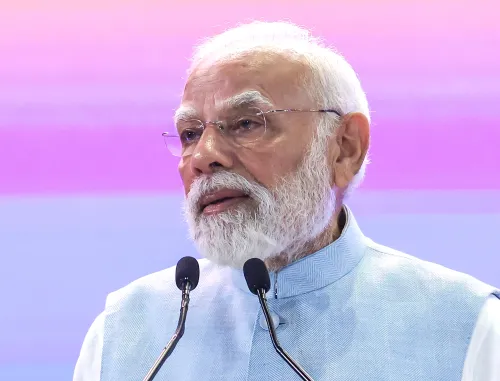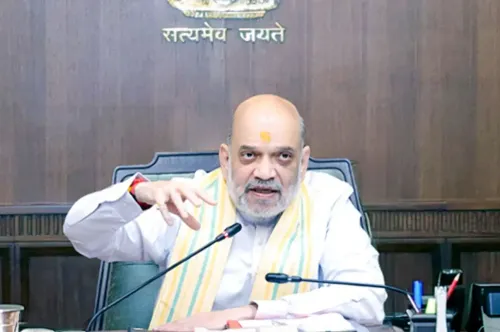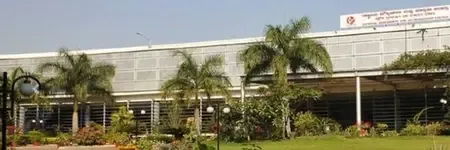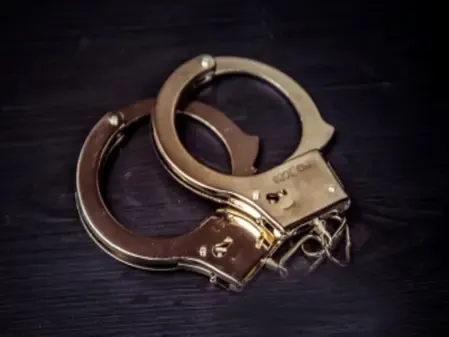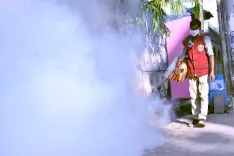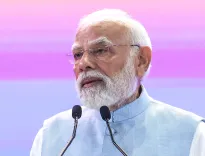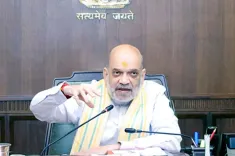Is the Bengaluru Tunnel Road Project a Foolish Decision?
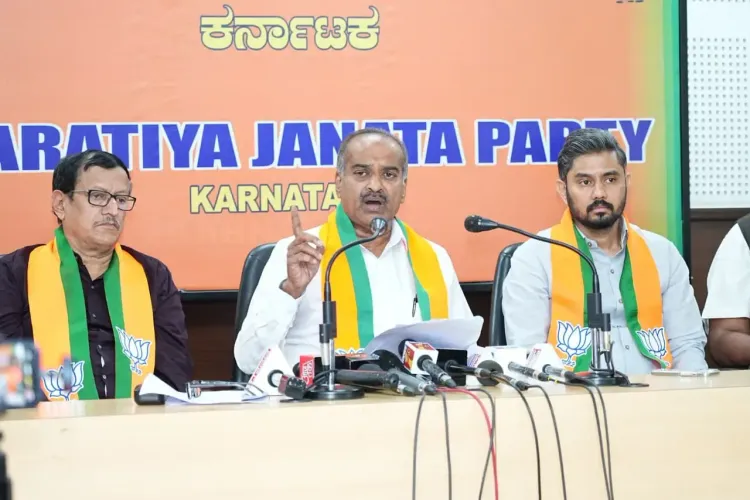
Synopsis
Key Takeaways
- The Bengaluru tunnel project aims to address traffic congestion but faces significant opposition.
- Critics cite financial mismanagement and lack of thorough planning.
- The project involves extensive underground construction.
- Concerns regarding environmental impact assessments have been raised.
- Traffic studies prior to execution are deemed essential by opponents.
Bengaluru, Nov 13 (NationPress) The BJP has labeled the Karnataka government's initiative to develop two tunnel roads in Bengaluru for alleviating traffic congestion as an "ill-conceived decision". On Thursday, they criticized the state government for proceeding with this plan even though it lacks sufficient funds to address the city's pothole issues.
During a press briefing at the BJP's state headquarters, Jagannath Bhavan in Bengaluru, BJP MP P.C. Mohan stated, "Yesterday, the government opened technical bids for this project. The design includes an 18-kilometer tunnel road extending from Esteem Mall to St. John’s Medical College in Madiwala. The combined entry and exit points will cover approximately 15 kilometers, resulting in a total tunnel length of about 33 kilometers, with the tunnel situated around 30 to 40 meters — approximately 130 to 140 feet — underground."
He detailed that exit points are proposed at Mekhri Circle (for vehicles approaching from Hebbal), Racecourse, Lalbagh, and ultimately St. John’s Medical College.
“No traffic density analysis has been performed. The entry and exit points have been arbitrarily selected based on available open spaces. This project is devoid of scientific evaluation and thorough planning,” Mohan asserted.
Mohan mentioned that for the last 18 months, the state government has been advocating for two tunnel projects in Bengaluru, with Deputy Chief Minister and Bengaluru Development Minister D.K. Shivakumar eager to implement them.
“I had previously highlighted the advantages and disadvantages of this initiative and the flaws in the DPR (Detailed Project Report) back in July 2024. I opposed the decision to assign the DPR and feasibility study, costing Rs 14 crore, to Altinok Consultant and Radic Consultant, both firms already blacklisted. A project of this scale would require a minimum of 18 months to 2 years just for the DPR,” he elaborated.
“The government has failed to establish a committee for technical assessment. Instead, it has relied on the BMRCL Managing Director, the Chief Engineer, and a private consultant from Delhi. All three appear to simply adhere to D.K. Shivakumar’s directives and are unwilling to disclose the genuine technical challenges,” Mohan claimed.
“The technical report ought to have been sourced from nationally recognized institutions like IISc and IITs. In my experience, such institutions do not work under governmental pressure,” he noted, asserting that the report lacks scientific validity.
He further pointed out that critical traffic zones such as KR Puram, Silk Board, Hebbal, and Guruguntepalya were not included in the detailed project plan. Another tunnel DPR is underway from KR Puram to Nayandahalli. “Electronic City, Tumakuru Road, Kanakapura Road, Outer Ring Road, Mysuru Road, and Magadi Road are already well connected via NICE Road. Does Bengaluru genuinely require another tunnel?” he questioned.
“There’s already an elevated road being constructed from KR Puram to Electronic City. With an elevated corridor being developed, what is the necessity for a tunnel road? It is evident that this is not aimed at public convenience but rather to misappropriate taxpayers’ funds,” Mohan alleged.
He also highlighted that the proposed tunnel, excavated 130–140 feet underground, would necessitate vehicles to circle roughly one kilometer to access the entry and exit points. “No environmental assessment has been conducted regarding the impact on nearby buildings, trees, and borewells,” he stated.
Present at the press conference were state BJP spokespersons Dr. Rangappa and Prakash, along with Bengaluru Central District President Saptagiri Gowda.

